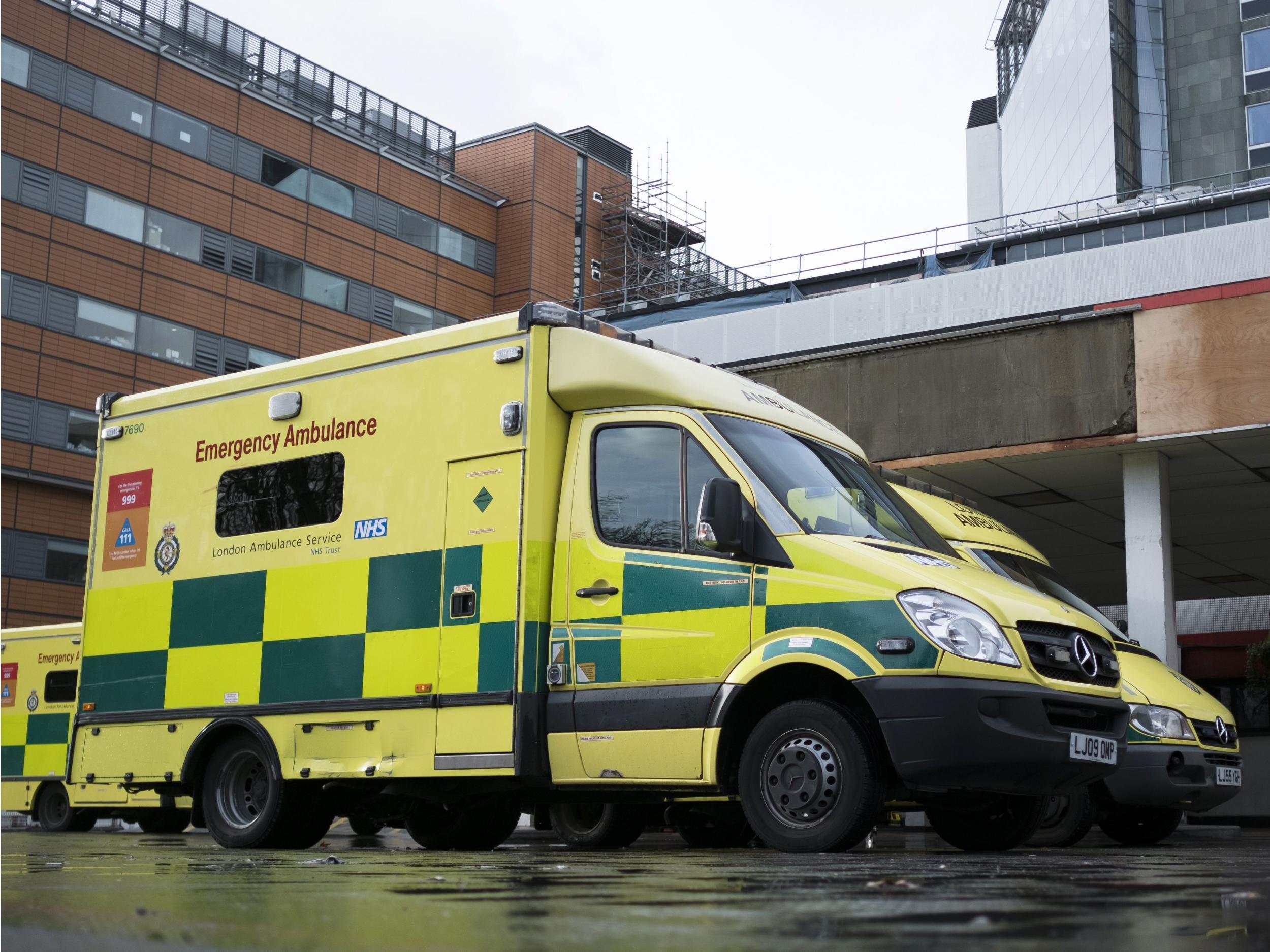Patients returning to hospital less than one month after being discharged up by fifth under Conservatives, report shows
Tory cuts have starved community health services and left hospitals full to bursting meaning patients are sent home ‘before they’re ready’, doctors warn

Your support helps us to tell the story
From reproductive rights to climate change to Big Tech, The Independent is on the ground when the story is developing. Whether it's investigating the financials of Elon Musk's pro-Trump PAC or producing our latest documentary, 'The A Word', which shines a light on the American women fighting for reproductive rights, we know how important it is to parse out the facts from the messaging.
At such a critical moment in US history, we need reporters on the ground. Your donation allows us to keep sending journalists to speak to both sides of the story.
The Independent is trusted by Americans across the entire political spectrum. And unlike many other quality news outlets, we choose not to lock Americans out of our reporting and analysis with paywalls. We believe quality journalism should be available to everyone, paid for by those who can afford it.
Your support makes all the difference.The Conservatives have presided over a nearly 20 per cent increase in the number of patients who ended up back in hospital for emergency treatment less than a month after being sent home, a report has found.
An increase in the numbers of older, sicker patients is a major factor heaping pressure on hospitals, the briefing by the Nuffield Trust think tank said.
But doctors said this has been made worse by austerity measures which mean patients may be “discharged before they’re ready” and have hampered community services for out of hospital care.
The QualityWatch briefing found a 19 per cent rise in patients being readmitted to hospital in an emergency within 30 days of discharge between 2010-11 and 2016-17, and these now exceed 1.2 million a year.
But the number of emergency readmissions for potentially avoidable conditions, such as pressure sores and pneumonia, had risen twice as sharply, increasing by 41.3 per cent from around 125,000 to 175,000 a year.
The new report, a research programme from the Nuffield Trust and Health Foundation, aims to highlight where improved quality of care in hospital or the community might have prevented readmission.
It said the findings should raise questions about the quality of care that elderly patients are receiving during their hospital stay, how they are discharged from hospital and the quality of community and social care services.
The figures showed patients readmitted to hospital in an emergency with pneumonia increased by nearly three quarters (72.5 per cent) between 2010-11 and 2016-17, while they almost trebled for pressure sores from 7,787 to 22,448.
These rises are of particular concern, the report said, because they have grown faster than the increase in elderly vulnerable people in the population.
Worryingly there were 150,000 emergency readmissions within one day of discharge, an increase of a quarter in seven years.
“Unnecessary trips and overnight stays in hospital put a strain on elderly patients and their families,” said Nuffield Trust director of research Professor John Appleby.
“That is why it’s concerning that our research shows the number of people being readmitted to hospital within 30 days with potentially preventable conditions is greater than it was seven years ago.”
Dr Chaand Nagpaul, chair of the British Medical Association, said: “The latest official figures show that bed occupancy across the country is still staggeringly high and way above levels considered safe.
“A chronic lack of resourcing is entirely to blame and with so few beds available, patients could end up being discharged before they’re fully ready to leave. A lack of district nurses and social care means that patients are also being discharged without enough support in home settings”.
The Department of Health and Social Care has been approached for comment.
Additional reporting by PA
Join our commenting forum
Join thought-provoking conversations, follow other Independent readers and see their replies
Comments